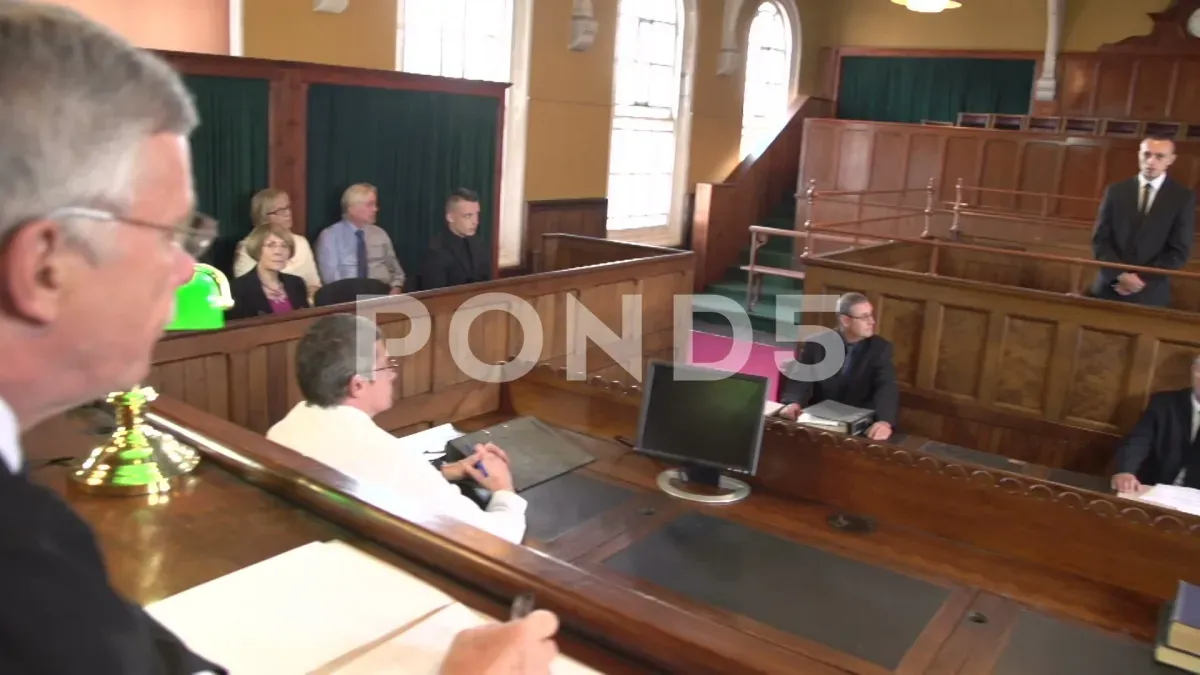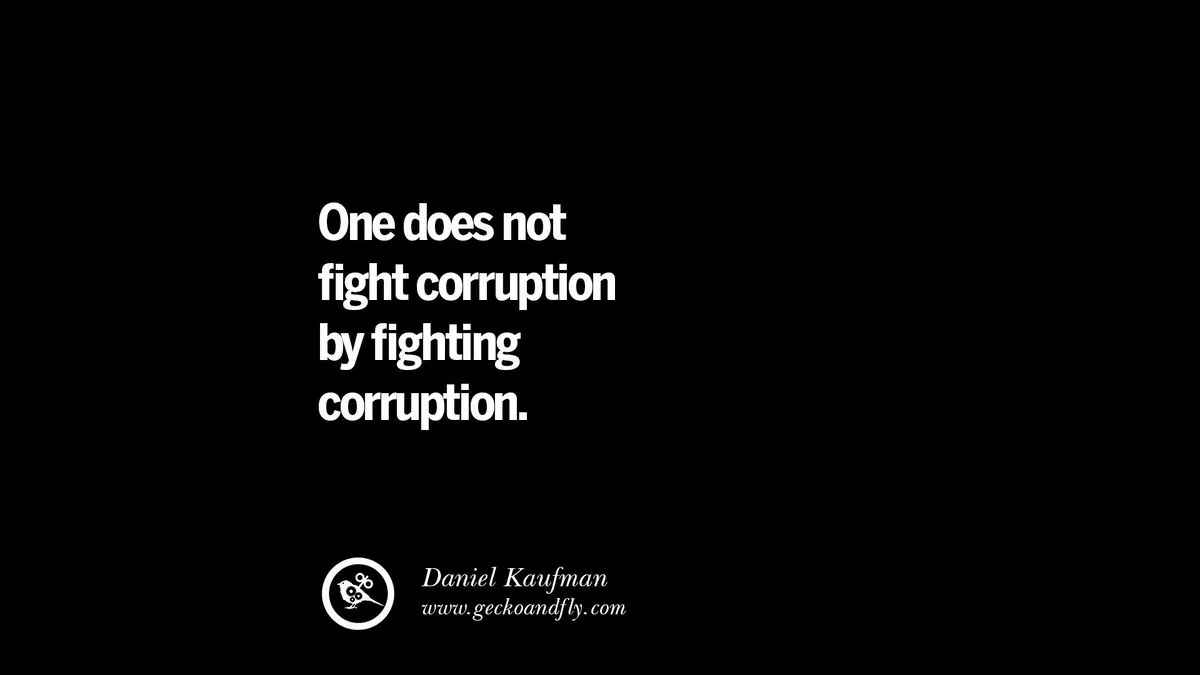Ex-Singapore Minister Faces Sentencing in Rare Corruption Case
Former transport minister S. Iswaran pleads guilty to receiving gifts and obstructing justice in Singapore's first high-profile corruption case in decades, challenging the city-state's reputation for clean governance.

In a rare occurrence that has captivated Singapore, S. Iswaran, a former transport minister, awaits sentencing after pleading guilty to charges of receiving gifts and obstructing justice. This case marks a significant moment in Singapore's history, potentially resulting in the first imprisonment of an ex-cabinet member in a nation renowned for its clean governance.
Iswaran, who served as a minister for 13 years, admitted to four counts of receiving gifts and one count of obstructing justice. The prosecution, initially presenting 35 charges, proceeded with only five, highlighting the complexity of the case. The gifts in question, valued at over 400,000 Singapore dollars (approximately $310,000 USD), included tickets to Premier League soccer matches, Formula 1 events, and London musicals.
Singapore, which ranked among the world's top five least corrupt countries in 2023 according to Transparency International, has been shaken by this development. The city-state's reputation for efficient bureaucracy and strong, transparent governance is now under scrutiny. This case is particularly notable as it's the first corruption allegation involving a minister since 1986, when a national development minister was investigated but passed away before charges could be filed.

The Corrupt Practices Investigation Bureau, established in 1952, has played a crucial role in maintaining Singapore's low corruption levels. The country's Prevention of Corruption Act, enacted in 1960, has been a cornerstone of its anti-corruption efforts. These measures, combined with a zero-tolerance policy towards corruption and regular lifestyle checks on public officials, have contributed to Singapore's reputation for clean governance.
Iswaran's political career spanned nearly two decades. He joined the cabinet as a junior minister in 2006 under then-premier Lee Hsien Loong, later holding various portfolios including trade, communications, and transport. His resignation in January 2024, following the initial charges, marked a significant shift in his trajectory.
The prosecution's approach to this case has been noteworthy. By amending some charges from corruption-related offenses to receiving gifts, they acknowledged the litigation risks involved in proving corruption beyond reasonable doubt. This strategic decision reflects the complexities of prosecuting high-profile cases in Singapore's legal system.
"The amendments were made due to litigation risks involved in proving the corruption charges beyond a reasonable doubt."
Singapore's anti-corruption measures extend beyond the public sector. The country has implemented strict laws against bribery in both public and private spheres, and has established bilateral agreements with numerous nations to combat cross-border corruption. Additionally, Singapore hosts the annual Anti-Corruption & Compliance Asia Pacific Summit, demonstrating its commitment to regional anti-corruption efforts.
As the court prepares to deliver its sentence, with the prosecution reportedly seeking six to seven months imprisonment, this case serves as a test of Singapore's commitment to maintaining its high standards of governance. It also highlights the ongoing challenges faced by even the most transparent systems in preventing and addressing corruption at the highest levels of government.
The outcome of this case will likely have far-reaching implications for Singapore's political landscape and its global reputation for clean governance. As the city-state continues to review and update its anti-corruption legislation to address new challenges, the Iswaran case serves as a reminder of the constant vigilance required to maintain the integrity of public institutions.


































